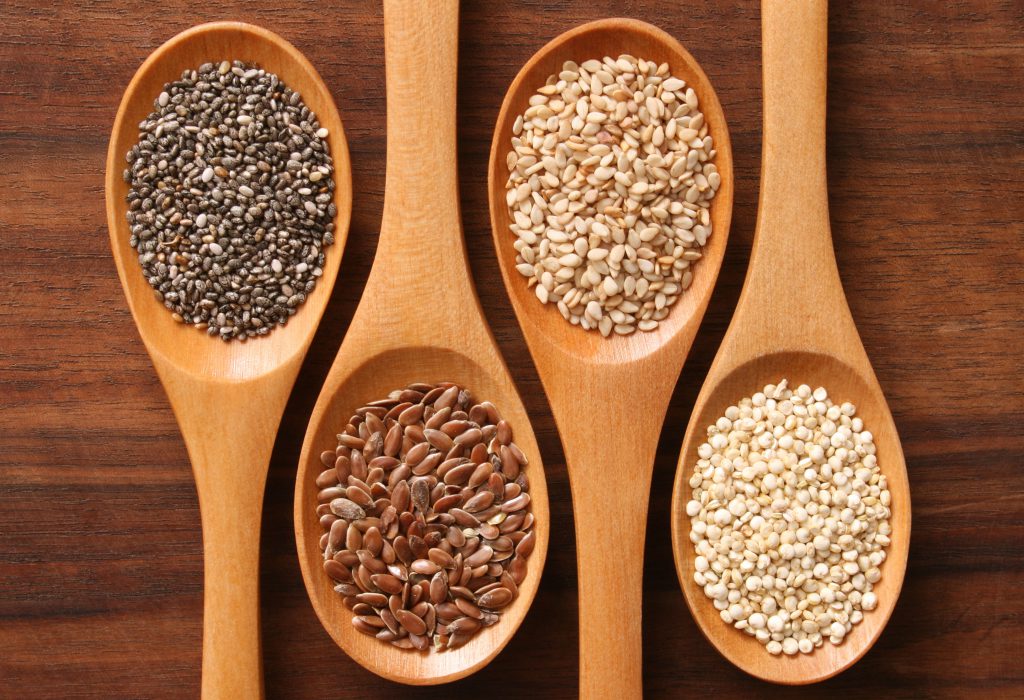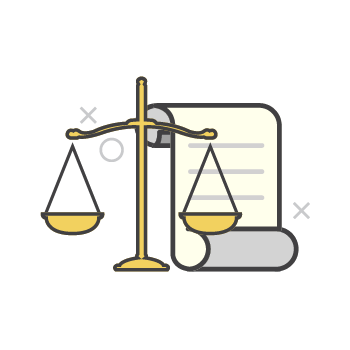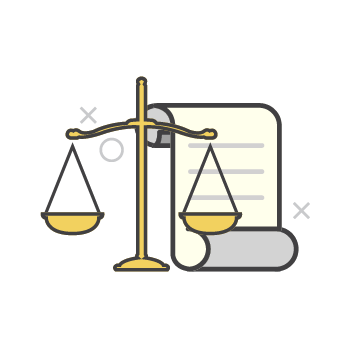Five Seeds You’ll Want to Add to Your Diet
by Karen Rollins Jun 22, 2020

Small, but mighty, seeds are one of the best foods you can consume as part of a healthy diet.
Most of them contain healthy monounsaturated and polyunsaturated fats and are a great source of protein and fibre. They are also crammed with several key vitamins and minerals which help the body to function at its best.
There are many seeds available in the supermarket and health food stores. If you’re wondering which ones to try, here are five seeds and their health benefits.
Flaxseeds
Flaxseeds originated in the Middle East and have been cultivated in ancient Egypt and China for centuries.
The seeds are healthy and nutritious because they are high in fibre and omega-3 fatty acids, as well as phytochemicals called lignans which are believed to help fight cancer.
Tip: Grind flaxseeds before eating them, otherwise they’ll go through your body undigested.
Sunflower seeds
These seeds are a great source of protein and fibre. They also contain a mix of monounsaturated and polyunsaturated fats which are beneficial to heart health.
Sunflower seeds are also loaded with various vitamins and minerals including contain vitamin E, which can help to maintain healthy skin and hair, and support the immune system.
Tip: Sprinkle a handful of sunflower seeds in yogurt, cereals, soups or on salads.
Chai seeds
Chia seeds originate from South America and were consumed by ancient Mayans and Aztecs.
Today, they are classed as a ‘superfood’ because they are rich in minerals such as calcium, folate, iron and magnesium. They are also a significant source of soluble fibre along with plant-based omega-3 fatty acids.
Tip: Add dry chia seeds to a smoothie or sprinkle on top of breakfast cereal or a salad.
Pumpkin seeds
Pumpkin seeds are also known as a superfood because they are jam-packed with essential vitamins and minerals including vitamin A, vitamin B, folate, iron, magnesium and zinc.
These seeds can be easily incorporated into your diet and you only need a handful to get the nutritional benefits.
Tip: Pumpkin seeds can be eaten on their own and make a great snack instead of crisps or chocolate.
Sesame seeds
Sesame seeds are a rich source of antioxidants, protein, and dietary fibre. They also contain minerals like calcium, iron, potassium, phosphorus, and magnesium.
The high level of zinc content in sesame seeds also helps to produce collagen which gives skin more elasticity and assists the body with repairing damaged issues.
Tip: Use sesame oil as an alternative to olive oil for salad dressings and when cooking.
—
Seeds may be the tiniest food on the planet but there’s no doubt that eating just a small amount can make a huge difference to your overall health.
Sources: Vitality Magazine / Healthline / Medical News Today / BBC Good Food / Time / Livestrong / Organic Facts








